Bakery business Puratos is heading a consortium that will research how bread could be produced on Mars or in space.
Work will get under way next year at Puratos’ HQ near Brussels, Belgium, on the SpaceBakery project, which will initially look at ways wheat could be cultivated by people living on Mars.
Four large interconnected containers will be installed at Puratos’ site and, in January, researchers will start working in the enclosed ecological plant cultivation system and bakery.
The environment on Mars – with a lack of atmosphere, cold temperatures and dust storms – would make it impossible to grow crops, so the containers offer a self-sustainable system in which the climate can be adapted to make it suitable for crop growth and optimal use of resources.
Researchers from the seven consortium members will learn how to create an environment for efficient production of wheat crops and other plants that could be included in bread to increase its nutritional value.
Bread production has been picked as the focus of the work because it is nutritional and consumed all over the world, which made it an ideal candidate as a staple food for space exploration, according to Puratos.
The consortium has just been awarded a new subsidy of €4.5 million, contributing to a total of over €6.3 million in funding.
“With this consortium, we are bringing together various knowledge domains and expertise in order to answer a very important question: how can we further improve nutritional value, sustainability and the efficient use of energy to produce food – here bread, one of our main specialities – today, but also tomorrow in more challenging environments,” explained Filip Arnaut, upstream R&D director at Puratos.
Alongside crop research, the consortium will study the wider food production cycle, including use and recycling of resources, monitoring of microbial climate, influence of radiation, and pollination through automated drones.
SpaceBakery consortium members
Puratos, an international producer of ingredients and solutions for the bakery, pastry and chocolate sector, will help ensure the bread is nutritious and tasty
Urban Crop Solutions, a solutions provider for vertical farming, developed the plant growth infrastructure and will engineer a hermetically sealed building in which different climatic conditions can be replicated
Magics Instruments, a technology company specialised in the development of semiconductor chips and machine learning-based smart sensors, will focus on the automation of pollination
SCK•CEN, the biosciences research group, will study the effect of microorganisms on the release of nutrients to plants and monitor the overall microbial climate in the closed environment
Ghent University will create a 3D model of wheat growth and development that will be used to determine the most optimal and sustainable way to grow wheat in the closed biosphere system
The University of Hasselt will analyse how wheat plant waste can be used to make the closed biosphere system circular
Flanders Food, the agri-food spearhead cluster and supporter of the project, will guide the coordination and dissemination of the project.



















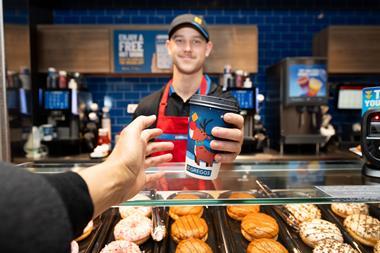





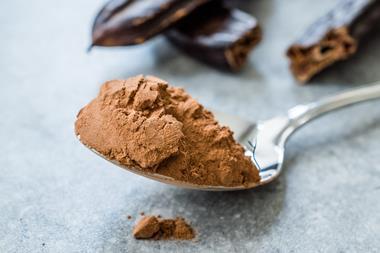
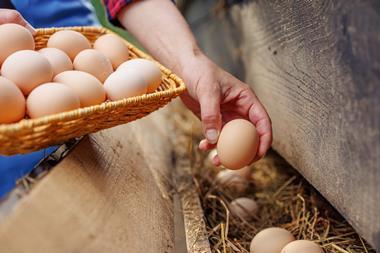


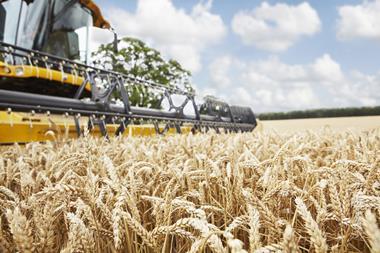
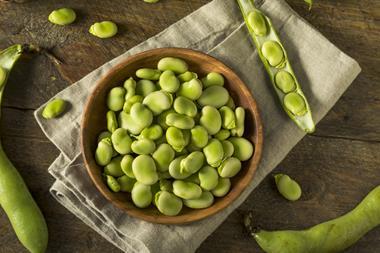

No comments yet